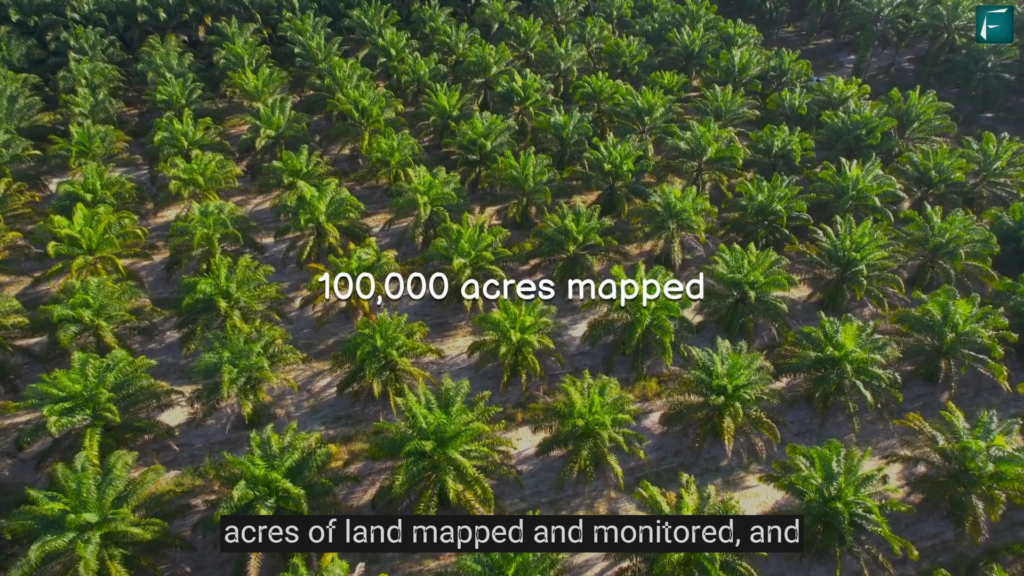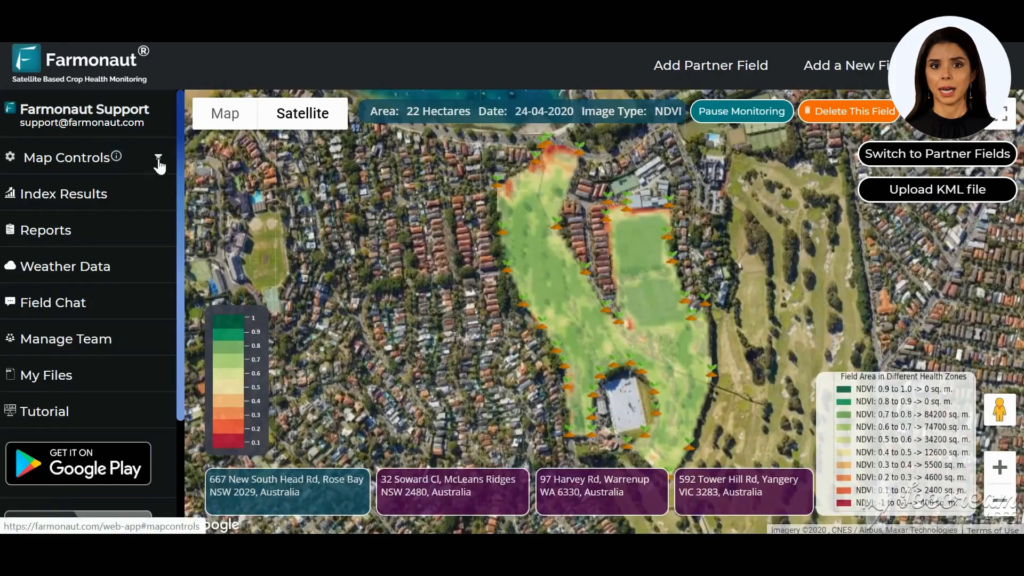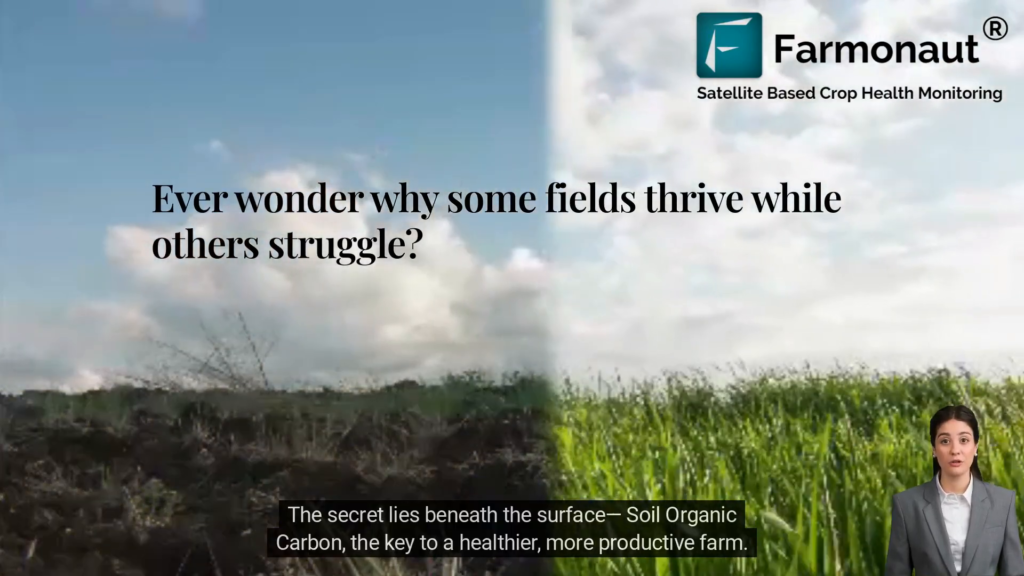
Soil organic carbon (SOC) is a crucial factor in boosting soil health, fertility, and agricultural productivity. As farmers face increasing challenges, understanding and managing SOC levels can make the difference between thriving fields and struggling crops. Let’s explore how adding carbon to soil can transform your farm and contribute to a more sustainable future.
🌱 The Importance of Carbon in Soil
Soil organic carbon plays a vital role in sustainable agriculture. The carbon content in soil affects various aspects of soil health and crop production:
- Enhances soil fertility
- Improves soil aeration
- Increases water retention
- Boosts agricultural productivity
By focusing on adding carbon to soil, farmers can create a healthier environment for plants to thrive. The carbon in soil benefits extend beyond just crop health – it also contributes to the global fight against climate change.
🌍 Carbon Sequestration and Climate Impact
One of the most significant carbon in soil benefits is its ability to sequester carbon from the atmosphere. By increasing carbon in soils, we can:
- Reduce atmospheric CO2 levels
- Promote a stable carbon cycle
- Mitigate the impacts of climate change
This makes managing soil organic carbon a win-win situation for both farmers and the environment.
🚜 Monitoring and Improving SOC Levels
With advanced technology like Farmonaut’s satellite-based solutions, farmers can now monitor SOC levels in real-time. This allows for precise management of carbon for soil health:
- Use AI-powered apps to track SOC levels
- Receive personalized insights for sustainable practices
- Implement targeted strategies to increase carbon in the soil
By leveraging these tools, farmers can make informed decisions to optimize their soil health and boost crop yields.
🌾 Expanding Sustainable Practices Globally
The benefits of focusing on soil organic carbon are being recognized worldwide. For example, Farmonaut has expanded its satellite services to Rwanda and Kenya, helping local farmers address climate challenges through sustainable practices that focus on carbon for plants and soil.
🔬 Frequently Asked Questions
What is soil organic carbon?
Soil organic carbon refers to the carbon component of organic materials in soil, including plant and animal residues, microorganisms, and decomposed matter.
How does increasing carbon in soil benefit farmers?
Increasing carbon in soil improves soil structure, water retention, nutrient availability, and overall soil health, leading to better crop yields and more resilient farming systems.
Can adding carbon to soil help combat climate change?
Yes, increasing soil organic carbon helps sequester carbon from the atmosphere, reducing greenhouse gas levels and mitigating climate change impacts.
How can I monitor soil organic carbon levels on my farm?
Advanced technologies like satellite imaging and AI-powered apps, such as those offered by Farmonaut, allow real-time monitoring of SOC levels across your fields.
🌟 Embrace the Future of Sustainable Farming
Understanding and managing soil organic carbon is key to creating a more sustainable and productive agricultural future. By focusing on adding carbon to soil and leveraging advanced monitoring technologies, farmers can improve their yields, contribute to climate change mitigation, and ensure the long-term health of their land.
Are you ready to unlock the power of soil organic carbon on your farm? Visit Farmonaut.com today to start your journey towards healthier soil, higher yields, and a more sustainable future in agriculture.






